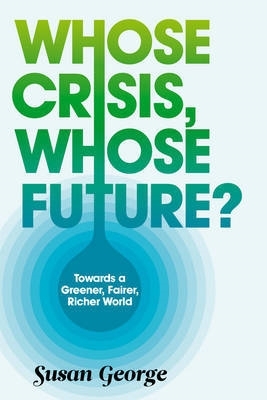Today's issue is going to be a bit hard to illustrate, I know, but it's an important one. So, who's going to object if the illustrations I choose are somewhat lamer than usual. The homonyms for today are pretty confusing for many people, and for a simple reason. They seem to violate the standard rules of English. Except they don't really. The words for today are:
Whose,
Who's, and
Whos. Since the last word is the easiest to illustrate, I'll start with it:
WhosThe plural of Who, as in Dr Seuss's
Horton Hears a Who!:
Whos are the residents of Whoville, also the location of
The Grinch Who Stole Christmas.

My favorite among the Whos is Cindy Lou Who:
 Who's
Who'sThere is only a single use for this spelling. It is an abbreviation for "Who is." Any other usage is incorrect. While it may seem as though it should also be used for the possessive of Who, that is not the case. There is no violation of the rules for the use of the apostrophe, since other pronouns also have a specific word for the possessive. For example, "your," as the possessive of "you," and "my" as the possessive of "me."

 WhoseWhose
WhoseWhose is the possessive form of
who. It is that simple. If you choose
who's instead, people will wonder
whose defective teaching methods led you astray.
Whose is also sometimes used as a possessive for inanimate objects, animals, and concepts, when other structures might be awkward. While some object to that usage, as in "The play,
whose cast is undistinguished, will probably close on opening night." Purists may object to that, but such constructions are widely used.

